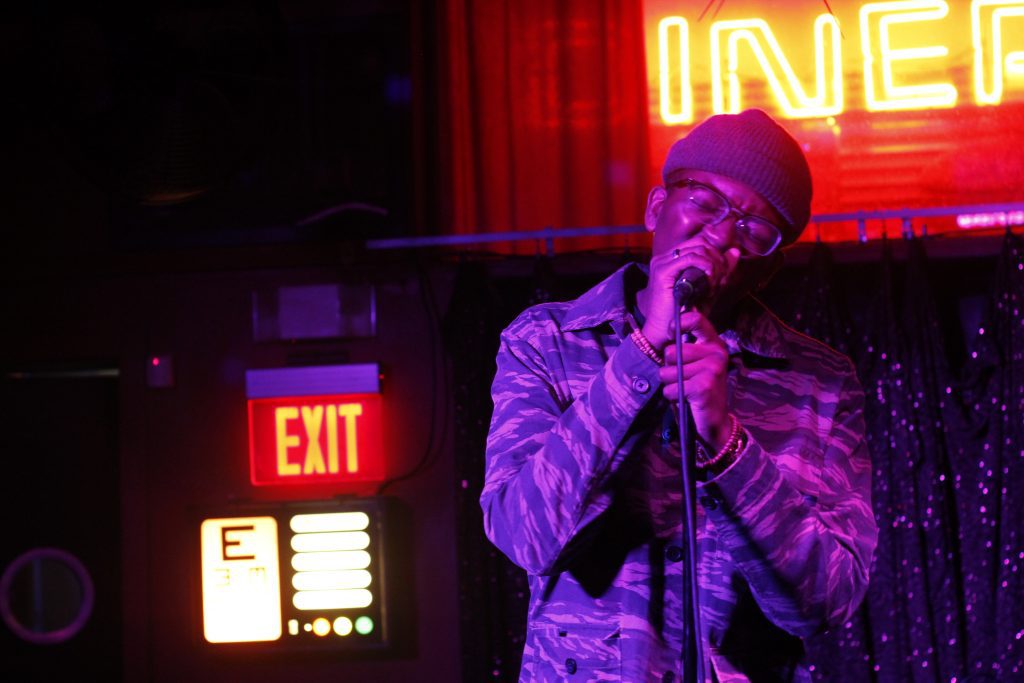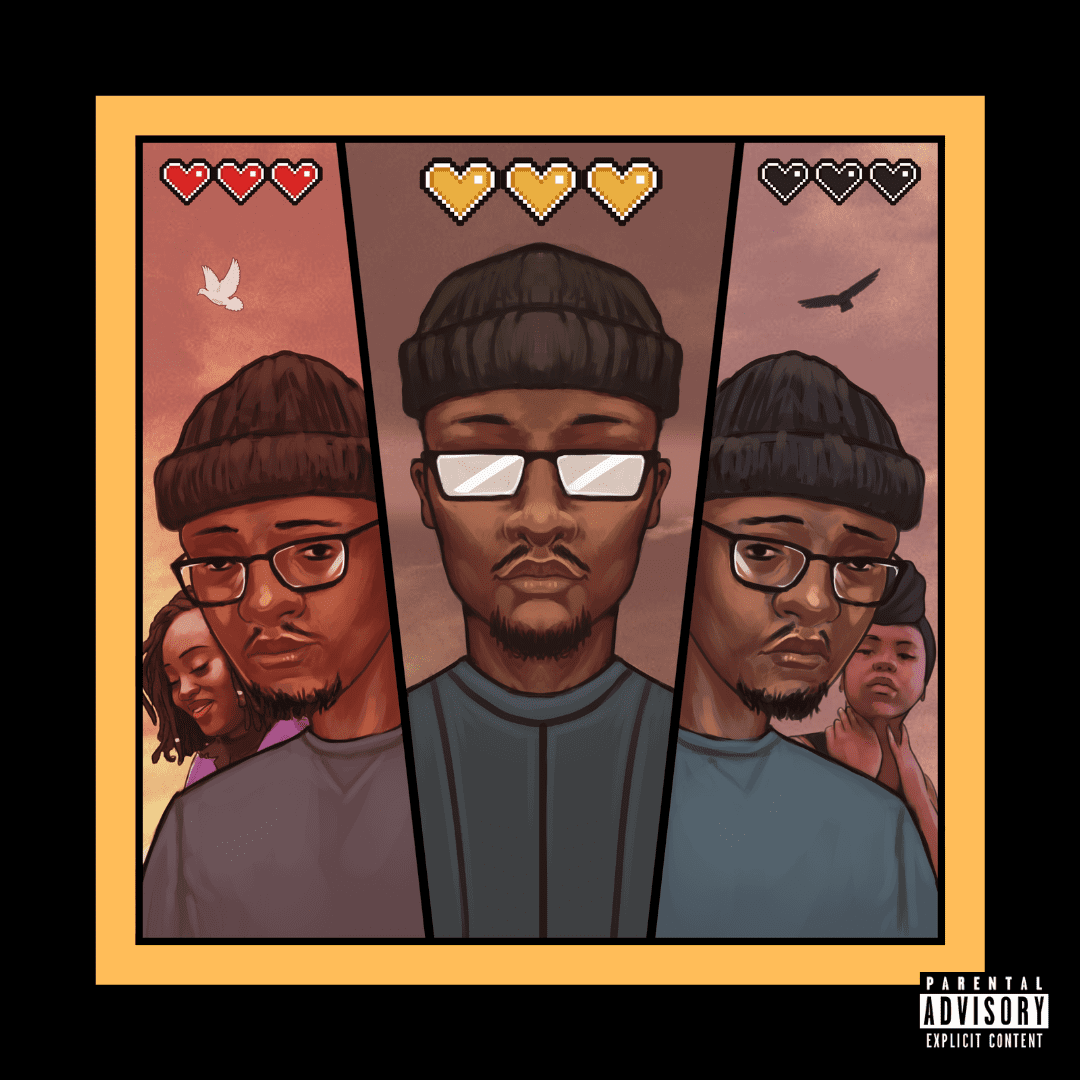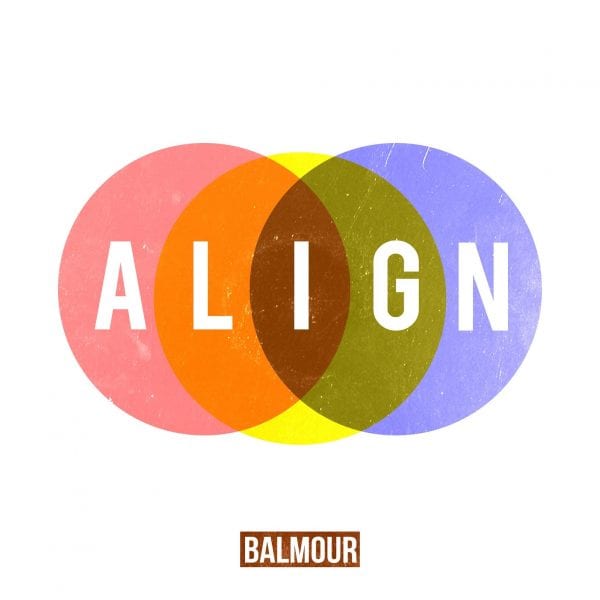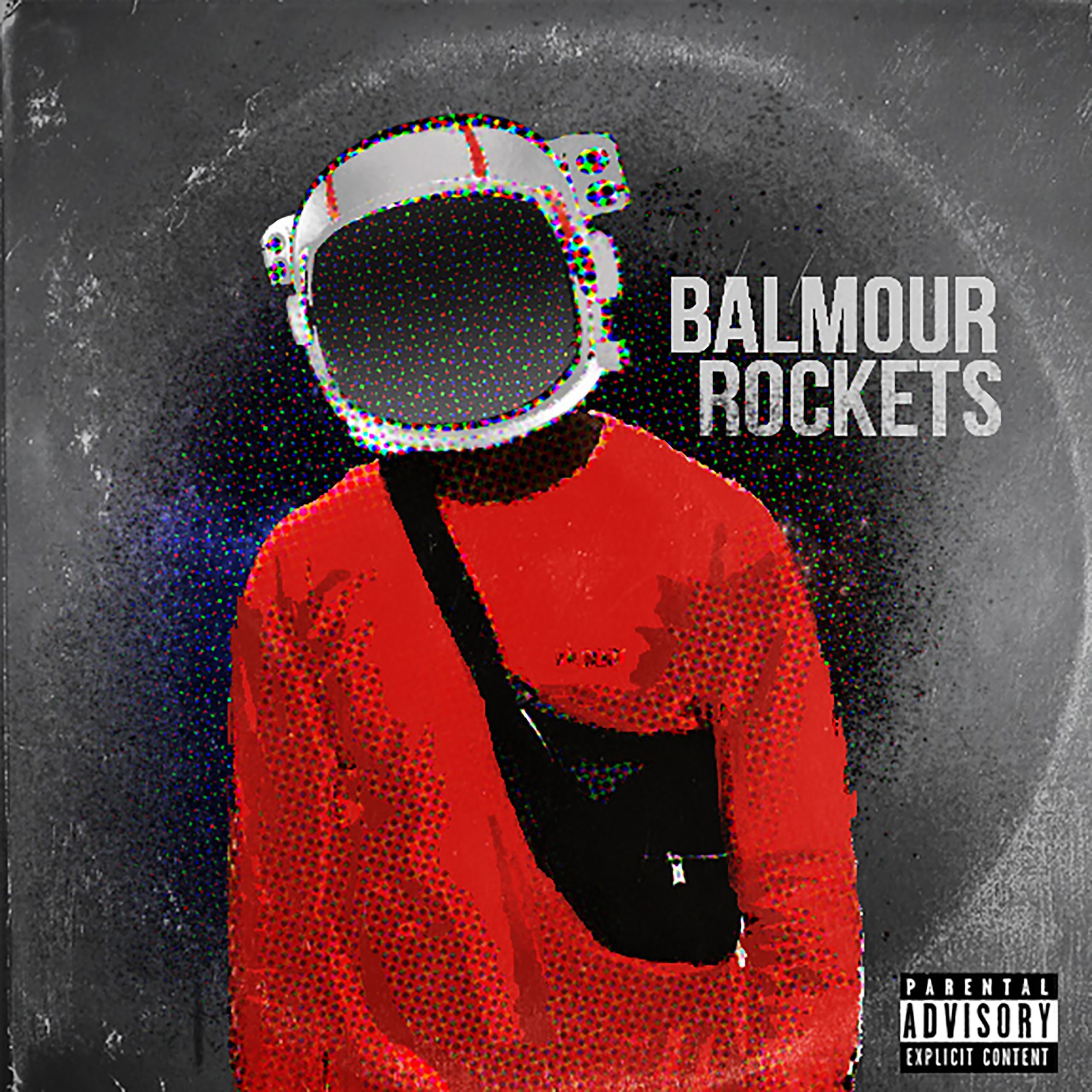
ABOUT BALMOUR
Balmour is still early in his career, but he’s already set his aspirations high. Topping the charts and selling out arenas are small fries compared to his more significant goals. The Pennsylvania singer wants to make listeners rethink the ways we talk about love, and he’s ready to use all the tools in his creative arsenal — a boundless palette of musical influences, thematically layered songwriting, and a magnetic voice — to make it happen.
“Most love songs only speak to two viewpoints: either ‘I messed love up, so I’m sad about it;’ or ‘I’m happy about love,’” Balmour says. “But love doesn’t always feel like those two things.”
Before he learned anything about love, Balmour spent much of his childhood in Yaiden, Penn. as a student of music. His mother, his late father, his grandfather, and his uncle sang, played guitar, and crafted mixtapes, and his church choir was full of otherworldly talent. He felt that his own talent didn’t measure up, so he just sang for praise and worship — and until his teenage years, gospel music was all he was allowed to consume. He fed on a steady diet of traditional Christian tunes, used contemporary acts like Kirk Franklin and Mali Music to keep up with newer sounds, and widened his palette to folk and rock by attentively listening to songs that played during television credits.
It wasn’t until after high school that Balmour recognized his gift. Culture shock from the college environment made him seek emotional stability through his faith, so he decided to audition for the campus choir. His voice — which has a natural flutter, and the smokey crackle of an open fire — left the choir judges stunned to silence.
“That moment really put a battery in my back,” Balmour says. He had written poetry since elementary school, but now his vocals were earning recognition. “A lot of people can sing, but everybody’s not bringing the tone that I’m bringing.”
From there, Balmour began to earn his stripes in open mics around Philly and performed folk music at area shows in a band with his friends. He adopted his father’s middle name as his stage moniker and began to build a rep in the city with 2018’s Unplugged, an EP that interrogated a generational relationship with technology. He then formed a partnership with CMNWLTH, a creative agency known for creative direction, management, and marketing for the likes of producer Jay The Great, Bri Steves, and Bahamadia. He released “Rockets” in 2019 and then came the pandemic. During downtime from the pandemic in 2020, he shopped for beats on YouTube and crafted Double Hp, his videogame-themed debut album that dissects his romantic identity.
The connection between two Double Hp highlights, “IKYFM” and “Baggage,” showcases his ambitious songwriting. The former beams with the optimism and innocence of early romance, as Balmour nudges a woman to overcome her traumas from previous relationships to give their love a chance. But on “Baggage,” he begins to see that his own adoration isn’t enough to soften her heart. With somber verses and a hook that slyly pays homage to Erykah Badu, Balmour taps into the complexities that come with loving a traumatized partner: he has empathy for what she’s experienced, frustration that she’s taking it out on him, and wistfulness for the vulnerable, late-night conversations that made them fall in love in the first place.
On Double Hp, Balmour opts to be the “good guy” before taking on an antagonistic role, and eventually embraces the lesson: stop treating relationships like a game. “No one is the villain in their own story,” Balmour says. “Love is a full spectrum of emotions that people don’t necessarily touch on.” Thankfully, he’s up to the challenge.




